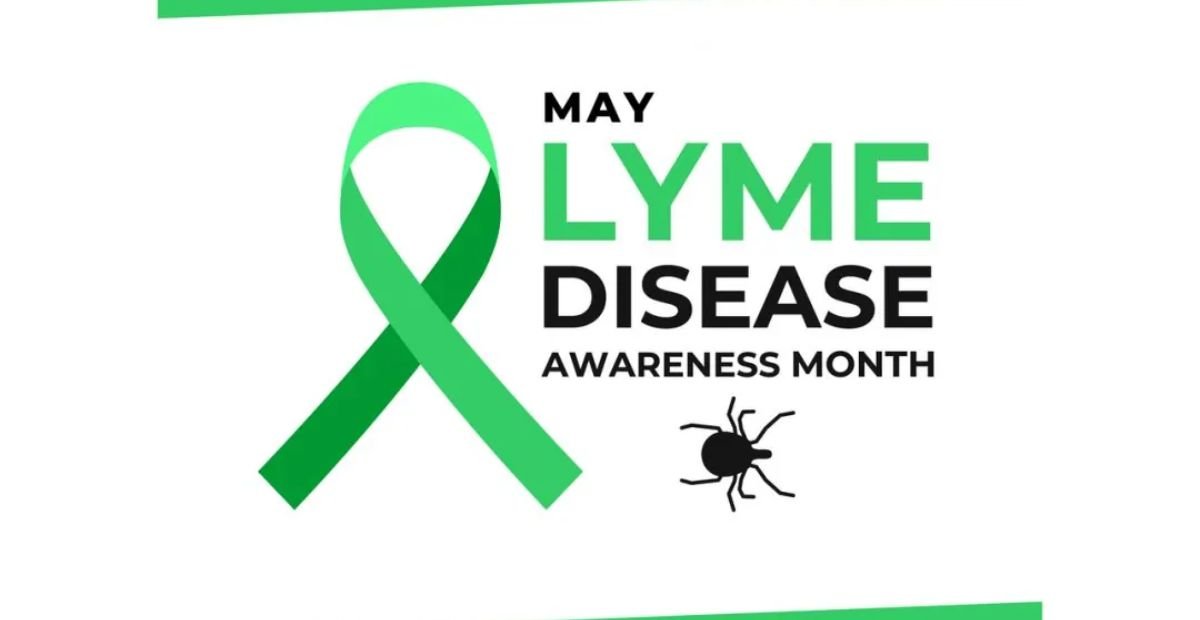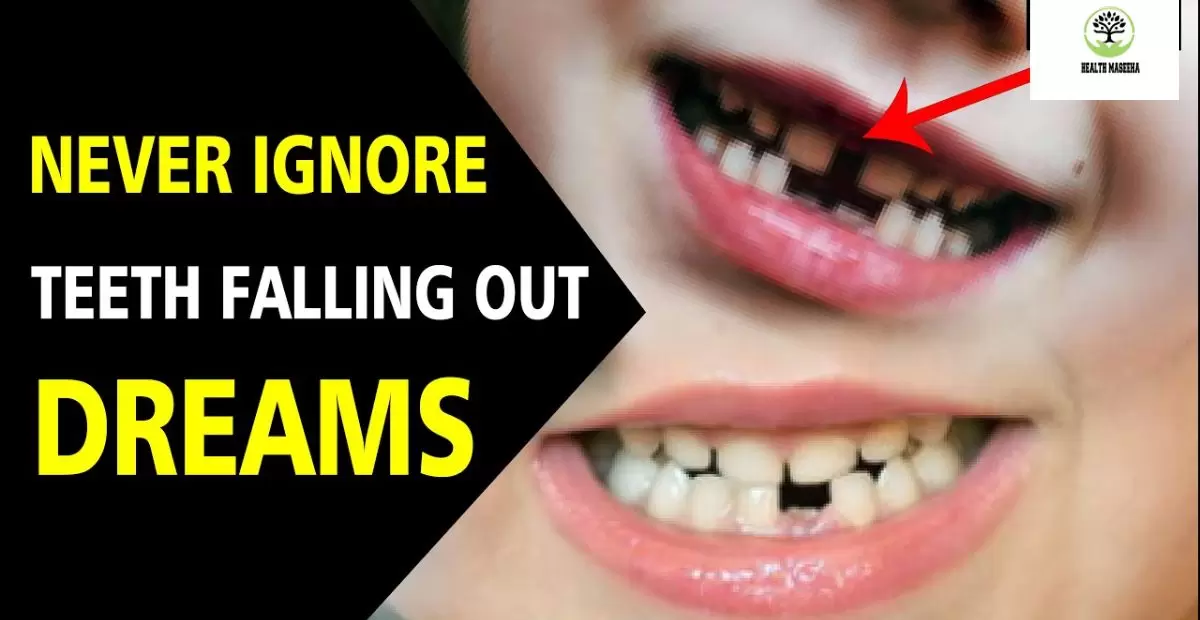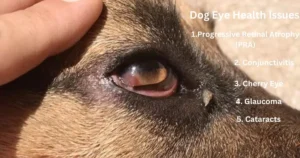Lyme disease, a disease eliminated through tick nibbles, has been connected with different pointers, going from fever and exhaustion to joint agony and brain issues. Lyme illness can prompt issues moving oral well-being; tooth misfortune buildup is limitless and requires further exploration for a conclusive choice.
In the calm of a specialist’s office, Sarah’s heart hustled as she gazed at the screen showing her experimental outcomes. Negative for Lyme disease. Help overflowed her, however, at that point, her brain dashed: Does Lyme disease cause teeth to fall out?
Lyme disease is fundamentally known for its side effects like fever, weariness, and joint torment. Now and again, Lyme infection might prompt gum illness and tooth misfortune. This happens because Lyme illness debilitates, making it simpler for oral microscopic organisms to cause harm. Their oral cleanliness and visit their dental specialist consistently to forestall tooth misfortune.
Oral Manifestations of Lyme Disease
Lyme illness can now and again give oral appearances, however, this is moderately intriguing. These side effects might include expansion of the lips or cheeks, trouble gulping, or even a shivering sensation in the mouth. These oral side effects are frequently ignored or misdiagnosed, prompting postponed treatment for Lyme Infection.
Medical services experts need to consider Lyme illness as a potential reason when patients present with unexplained oral side effects, particularly in regions where Lyme illness is predominant. Early acknowledgment and treatment of Lyme Illness can assist with forestalling further confusion and work on quiet results.
Prevention and Treatment Strategies
Avoidance and treatment systems for Lyme Sickness center around tick chomp anticipation and early discovery. Early recognition is fundamental for compelling treatment, as Lyme Sickness can be treated with anti-toxins when analyzed early. If side effects like fever and a trademark pinpoint center rash foster after a tick chomp, looking for clinical consideration quickly is critical.
Treatment for lyme infection ordinarily includes a course of anti-toxins recommended by a medical care professional. The type and length depend on the illness and the patient’s general well-being. In general, a blend of counteraction measures and brief clinical considerations can assist with diminishing the effect of Lyme Sickness on people and networks.
Preventive Measures and Oral Hygiene Tips

Staying aware of incredible oral tidiness is major for by and large thriving. Coming up next are five clues to help you keep your teeth and gums strong:
Use Mouthwash: Incorporate mouthwash into your oral tidiness routine to help with killing microorganisms and invigorating your breath. Pick a mouthwash that contains fluoride for added protection from cavities.
Floss Consistently: Flossing is significant for eliminating food particles and plaque from among teeth and along the gumline. Practice flossing regularly, no less than once every day, to forestall gum sickness and tooth rot.
Brush Two Times Everyday: Clean your teeth no less than two times per day, ideally after dinner, utilizing fluoride toothpaste. This helps eliminate plaque development and forestall pits.
Visit your dental expert regularly. Plan standard dental check-ups and cleanings with your dental-trained professional. These visits license your dental expert to distinguish any oral clinical issues early and give appropriate treatment.
Limit Sweet Food Sources and Drinks: Sweet food sources and rewards can contribute to tooth decay. Limit your use of sweet goodies and refreshments, and pick better choices like natural items, vegetables, and water.
By following these preventive measures and oral tidiness tips, you can keep a sound smile and decrease the risk of dental issues from now into the foreseeable future.
Dental Complications: What Research Shows
Research on dental difficulties, including gum sickness and tooth rot, uncovers a possible connection to Lyme Infection. Medical problems because of invulnerable framework difficulties and irritation. The significance of extensive dental consideration for people with Lyme infection is to moderate possible inconveniences and keep up with oral well-being.
For Lyme Illness and dental inconveniences, scientists plan to upgrade treatment draws near and further develop results for impacted people. Cooperative endeavors between dental experts and Lyme Sickness experts can lead to early identification, brief administration, and better generally well being results for patients.
Identifying Early Signs in Dental Examinations
In dental assessments, distinguishing early indications of different ailments, including Lyme illness, is essential. Can sometimes show up in the oral cavity. Dental specialists ought to focus on side effects like unexplained oral sores, expansion of the jaw or face, and changes in taste or sensation inside the mouth.
Furthermore, patients with Lyme sickness might encounter temporomandibular joint (TMJ) brokenness, prompting jaw agony or trouble in jaw development. By cautiously looking at the oral cavity during routine dental check-ups, dental specialists can contribute to the early recognition and prevention of Lyme sickness.
Dental Complications in Lyme Disease Patients

Lyme disease, brought about by the bacterium Borrelia burgdorferi, can prompt different confusions affecting various pieces of the body, including the oral pit. Patients with Lyme infection might encounter problems that require consideration from dental experts. The improvement of oral sores and trouble in eating or talking.
Lyme illness might add to temporomandibular joint (TMJ) brokenness, bringing about jaw torment, clicking sounds, or restricted jaw development. These confusions highlight the significance of coordinated efforts among clinical and dental experts in overseeing patients with Lyme illness.
The Link Between Lyme Disease and Oral Health
The connection between Lyme infection and oral wellbeing is progressively perceived as specialists uncover the different appearances of this tick-borne disease. Lyme illness can influence oral well-being in more ways than one, going from oral sores and TMJ brokenness to complexities connected with dental treatment.
Lyme infection can fuel existing tooth health or cause tooth infection. Dental experts ought to know about these associations and consider Lyme illness as a potential hidden factor while evaluating patients with oral well-being concerns. For Lyme infection, medical service suppliers can work on persistent results and personal satisfaction.
Lyme Disease and Periodontal Health
A More Serious Look plunges into the possible relationship between Lyme disease and periodontal health. Lyme Infection, a tick-borne sickness achieved by the bacterium Borrelia burgdorferi, can provoke different incidental effects, including joint torture, exhaustion, and neurological issues.
Wellbeing could provide clinicians with an additional perspective on the infection’s foundational impacts. With the expected effect on oral well-being, medical services experts might foster more designated therapy approaches for patients with Lyme disease. Their oral cleanliness and look for normal dental considerations may moderate the risk of periodontal difficulties.
Managing Dental Concerns in Lyme Disease Patients
Overseeing dental concerns in Lyme disease patients requires mindful and specific thought in light of the probable impact of the ailment on oral prosperity. Lyme Sickness, a bacterial contamination communicated by ticks, can appear in different side effects, including jaw torment, facial loss of motion, and irritation of the gums.
Normal dental check-ups, steady oral cleanliness practices, and brief treatment of any oral contaminations are fundamental for keeping up with the oral soundness of Lyme-affected patients. Medical services suppliers, like Lyme disease subject matter experts, can assist with guaranteeing extensive consideration for patients dealing with this condition.
Collaborative Care Dentists and Lyme Disease Specialists
Cooperative consideration among dental specialists and Lyme infection experts is pivotal for patients managing both dental medical problems and Lyme illness. Lyme illness influences the body, including oral depression. Side effects, for example, jaw torment, facial loss of motion, and temporomandibular joint (TMJ) brokenness, can fundamentally influence a patient’s oral well-being.
Dental specialists who know about a patient’s Lyme sickness determination can work paired with Lyme infection experts to foster extensive therapy designs that address both the dental issues and the hidden Lyme disease. This cooperative methodology guarantees that patients get the most ideal consideration customized to their exceptional necessities.
Addressing Misconceptions About Lyme and Dental Health
Misinformed decisions about Lyme disease and dental prosperity are typical and can provoke misinterpretations about authentic thought and treatment. One such error is that Lyme affliction doesn’t impact oral prosperity. When in doubt, Lyme disorder can show up as various oral secondary effects, and even tooth mishaps in serious cases.
Another misinterpretation is that dental techniques can worsen Lyme sickness’s side effects. While certain patients with Lyme disease might be more sensitive to specific medicines, with appropriate precautionary measures and coordinated effort among dental and Lyme sickness-trained professionals, dental systems can be securely performed.
The Connection Between Lyme Disease and Dental Health
| Dental Health Condition | Description | Connection to Lyme Disease |
| Gingivitis | Inflammation of the gums, often caused by bacterial infection | Lyme disease may weaken the immune system, making individuals more susceptible to gingivitis. |
| Periodontitis | Advanced gum disease that can result in tooth loss | Individuals with Lyme disease may experience compromised oral health due to systemic inflammation and immune dysfunction. |
| Tooth Decay | Destruction of tooth enamel by acids produced by bacteria | Lyme disease patients may have an increased risk of tooth decay due to medications that decrease saliva flow or cause dry mouth. |
| Oral Thrush | Fungal infection of the mouth, characterized by white patches on the tongue and inner cheeks | Immunosuppression associated with Lyme disease can increase the likelihood of oral thrush. |
| Temporomandibular Joint (TMJ) Disorder | Dysfunction of the jaw joint and surrounding muscles | Lyme disease-induced inflammation may exacerbate TMJ symptoms, leading to jaw pain and difficulty chewing. |
| Bruxism (Teeth Grinding) | Involuntary grinding or clenching of teeth, often during sleep | Lyme disease-related stress and anxiety may contribute to bruxism, leading to tooth damage and jaw discomfort. |
Lyme disease can have oral side effects like dry mouth or changes in taste. Lyme illness can intensify existing dental circumstances, like periodontal sickness. These associations permit dental experts to give informed care custom-made to the particular necessities of patients advancing better oral well-being results and, prosperity.
Patient Education in Lyme Disease Management

Patient training and determined dental cleanliness assume crucial roles in the far-reaching epidemic of Lyme disease. Well-being challenges include dry mouth, tooth rot, and gum sickness. The significance of good oral hygiene practices is fundamental to preventing the compounding of dental issues related to Lyme disease.
Moreover, dental experts ought to have an intensive comprehension of Lyme disease and its likely oral indications to give appropriate consideration and direction to patients. Through cooperative endeavors among patients, and dental experts, the powerful administration of oral well-being results in general personal satisfaction.
FAQs
Can Lyme disease make my teeth fall out?
No, Lyme disease does not directly cause teeth to fall out.
Are there dental problems associated with Lyme disease?
While Lyme disease may not make teeth drop out, it can prompt jaw distress and muscle strain that could influence dental well-being.
How can I protect my dental health if I have Lyme disease?
Keep up with great oral hygiene propensities, visit your dental specialist consistently, and impart any worries or changes in dental well-being to your medical services supplier.
Conclusion
While there may be story reports proposing an association between Lyme disease and dental issues, for instance, teeth existing, intelligent evidence to support this assurance is insufficient. Lyme disease impacts the joints, heart, and tangible framework, with aftereffects like fever, and joint torture being even more commonly uncovered.
Individuals’ feelings about dental issues, including teeth exiting, would talk with qualified medical care specialists to control the first reason. Recalling great oral sterilization and searching for speedy therapy for dental issues are fundamental performances for everyone, including some method of clinical ailments like Lyme infection.













